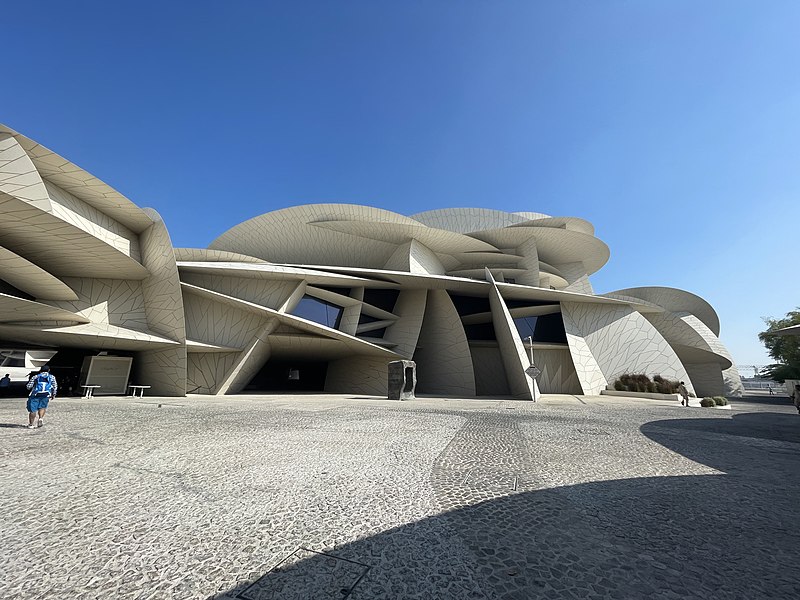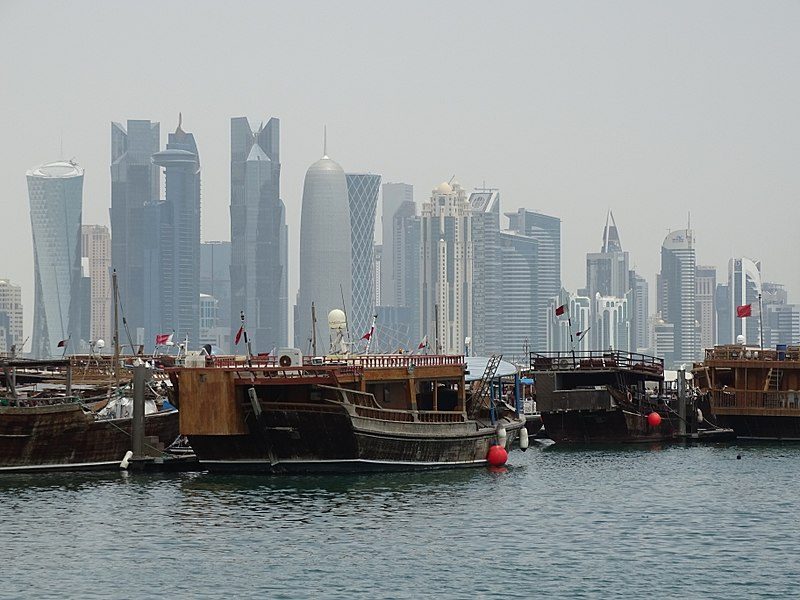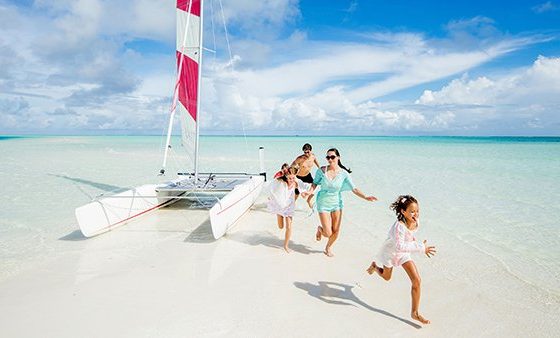If you dreamed of touring through souqs, sailing on a dhow boat, or exploring every nook and corner there is to its forts, then here is a guide on how you should align your travel plans in Doha.
Call by the spice souq at Souq Waqif
Surround yourself with some of the world’s most sought-after spices when at the acclaimed Souq Waqif. Go down the winding alleys that will open out into a beehive of shops selling spices from neighbouring Middle Eastern regions, India, Pakistan, and Africa. Even getting your hands on the Machboos spice mix is possible while dried limes (loomi), nuts, and a wide array of sweets would surely lure you in.
Make it to the camel races
Journey 40 minutes west of Doha towards the Al Shahaniya Camel Racetrack where you can witness camels pitted against each other every Friday during the months of October to February. Among the noteworthy celebrations is the Emir Cup held in March and April but even if you cannot make it during the height of the season, you can talk to a handler and pose with these animals as they attend training at the start of every day.
Step within the National Museum of Qatar
Designed by French architect, Jean Nouvel, the architecture of the Museum was inspired by a desert rose molded by the winds of Qatar’s arid lands. Covering a whopping 430,000 square feet, visitors will be able to feast their eyes on a cross section of exhibits, some of which appear to be suspended in the air. Admire the Pearl Carpet of Baroda studded with 1.5 million Gulf pearls and precious stones before setting a course for the culinary offerings housed here that include local chef Nouf Al Marri’s Desert Rose Café, which serves shakshouka (poached egg in tomato sauce). In fact, if you opt for one of the serviced apartments in Doha, such as the cosy Al Najada Doha Hotel Apartments by Oaks, then visiting the Museum would be easy.

Cruise the Corniche
As evening sets in, board a dhow boat and set about discovering Doha’s dazzling skyline and be treated to narrations that speak volumes of the pearl diving industry and other trading activities for which these vessels were utilised for.











